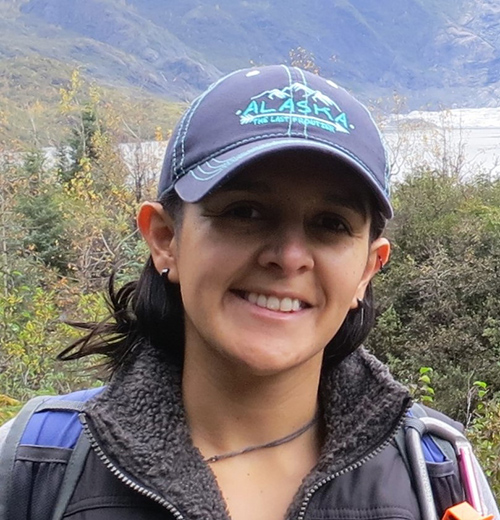
SHI TO SPONSOR LECTURE ON THE REPRODUCTIVE LIFE OF SEAWEEDS
Free event to be offered in-person, virtually
Aug. 29, 2023
Sealaska Heritage Institute (SHI) will sponsor a lecture this week on the unique and fascinating way seaweeds reproduce that sets them apart from plants.
In her lecture, A Short Trip Into the Surprising Reproductive Life of Seaweeds, Dr. Schery Umanzor will delve into the intricacies of their reproductive life and explore their various strategies to ensure their survival and adaptation in their unique marine environment.
“We will wrap up the talk by exploring how seaweeds came to live where they live,” wrote Umanzor, who serves on SHI’s newly formed committee tasked with looking into new concerns about the health of black seaweed, an important Native food.
Unlike most plants, they don’t rely on flowers and pollen for reproduction. Their life cycle is complex, and they can undergo such distinct life stages that the same species can often be mistaken for an entirely different one, Umanzor wrote.
Seaweeds employ various reproductive strategies. Some undergo (almost) exclusively sexual or asexual phases, while others undergo an alternation of generations involving both phases in succession. Each strategy comes with its advantages and tradeoffs. Asexual reproduction allows seaweeds to propagate quickly but poses a risk of limited genetic variation. On the other hand, sexual reproduction ensures better genetic diversity but presents a significant challenge in finding suitable mates. This session will provide an overview of seaweeds, highlighting their distinctive characteristics.
The lecture is scheduled for 12 pm, Thursday, August 31, in Shuká Hít within SHI’s Walter Soboleff Building, 105 S. Seward St. in Juneau. The lecture will be livestreamed and posted on SHI’s YouTube channel.
About the Lecturer
Dr. Schery Umanzor is an assistant professor and mariculture faculty at the University of Alaska Fairbanks in Juneau. Her professional journey showcases a seamless transition from working on kelp restoration in Baja California, Mexico, to engaging in kelp selective breeding on the East Coast and eventually venturing into mariculture research in Alaska. Throughout her career, Dr. Umanzor has displayed a strong commitment to sustainable, innovative and inclusive approaches in food production, which continues to make her a valuable asset in the academic community.
Sealaska Heritage Institute is a private nonprofit founded in 1980 to perpetuate and enhance Tlingit, Haida and Tsimshian cultures of Southeast Alaska. Its goal is to promote cultural diversity and cross-cultural understanding through public services and events. SHI also conducts social scientific and public policy research that promotes Alaska Native arts, cultures, history and education statewide. The institute is governed by a Board of Trustees and guided by a Council of Traditional Scholars, a Native Artist Committee and a Southeast Regional Language Committee.
CONTACT: Kathy Dye, SHI Communications and Publications Deputy Director, 907.321.4636, kathy.dye@sealaska.com; Dr. Schery Umanzor, lecturer, sumanzor@alaska.edu.
Caption: Dr. Schery Umanzor, courtesy of Dr. Umanzo.